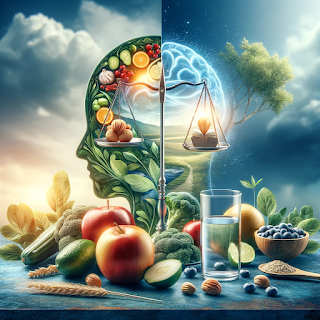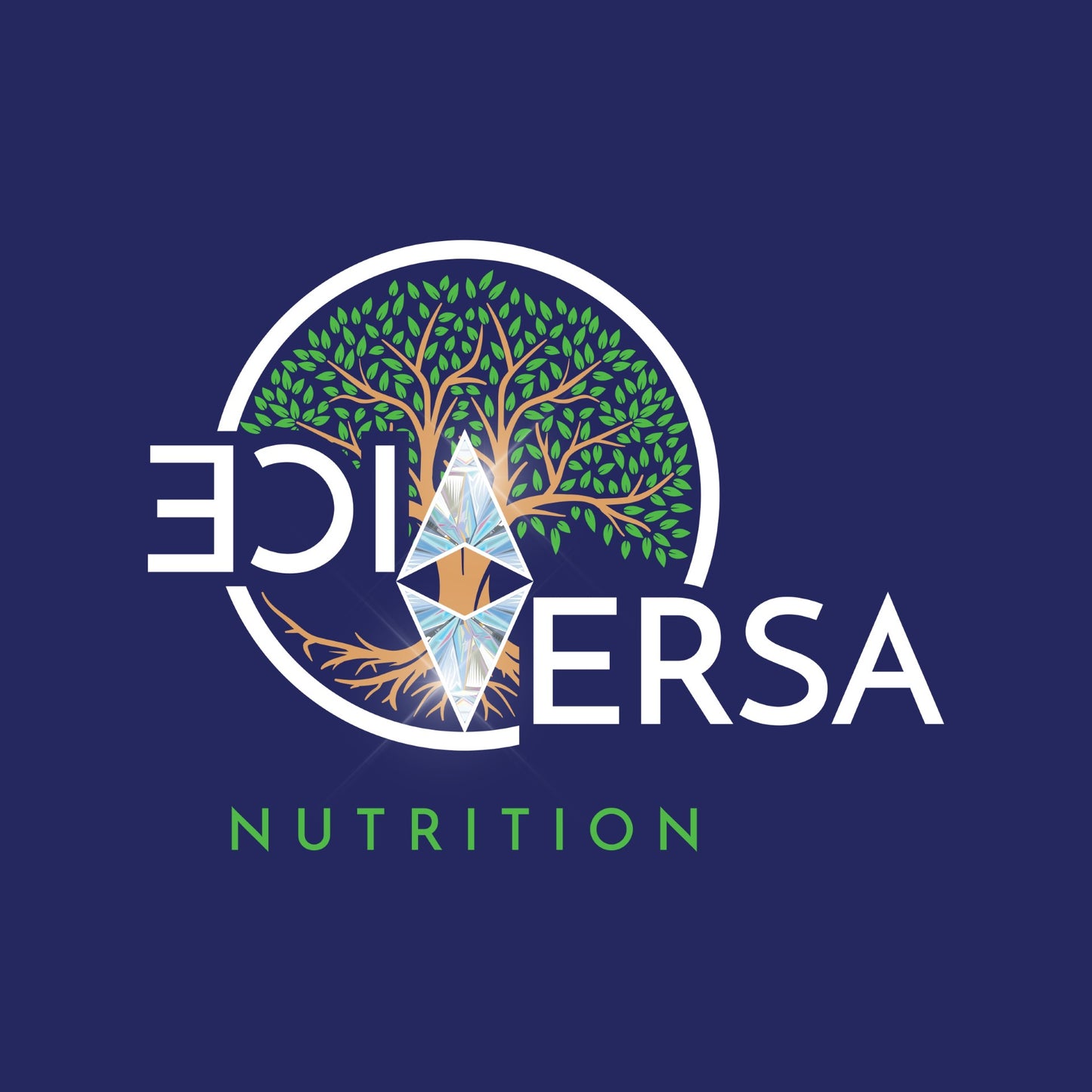
Various studies show a clear connection between having a good diet and better mental health. If you feel tired, lazy, sleepy, and in a bad mood, then think about what you have eaten in the last few days. Because most processed food products have a negative effect on your body which leads to fatigue and drowsiness.
Nutrition plays an essential role in the functionality of our whole body. Your body mainly gets energy and fuel from things you drink and eat in a day. They are the reason you can perform well or badly throughout your day. Well, if you consume food that does not contain any nutrition, it may affect your body negatively. It also causes severe mental health problems.
Here, in this article, we have discussed different ways to understand the relationship between nutrition and improved mental well-being.
Link Between Food And Mental Health
Nutrition is a basic foundation of overall health which includes physical, mental, spiritual, and emotional well-being. Various studies identify the connection between mental health and food, which most doctors do not consider the same domain before. These studies proved that a balanced, nutritious diet is significant for a healthy lifestyle for all types of people.
A healthy diet routine is crucial for the optimal functionality of your body. But the question is what connects the food and your mental health. A study published in APA indicates the bidirectional connection between food you consume and your mental health.
Ways Nutrition Supports Mental & Emotional Well-Being
The consumption of food is necessary to get the essential nutrients that you need to work and function throughout the day. Vegetables, fruits, whole foods, and various nutritious foods are crucial for you to get energy for doing normal routine work and maintain your overall health.
The Mediterranean eating patterns are considered most beneficial in maintaining your overall mental, physical, emotional, and spiritual health. One study shows that women who follow a Mediterranean diet in their middle age significantly will have lower chances of developing depression in later life.
Let’s take a look at how your food choice supports and affects your emotional and mental well-being.
-
Reduce Inflammation
If you have a habit of eating food during your anxiety and stress breakdown, using the right type of food will lead to improved health conditions. For instance, processed, fatty, and sugary food increases the inflammation in your brain and body. This may result in mental disorders like anxiety and depression.
While nutritious and healthy food will have the opposite impact on your mental health. Fruits, leafy veggies, seafood like tuna and salmon, and whole grains all significantly act as anti-inflammatory food. This eventually increases your mental well-being.
-
Improve Mood
Nutrients like potassium, zinc, folate, Vitamin B, and magnesium have the ability to boost your mood. These nutrients increase the level of good hormones which include dopamine and serotonin in your body.
The elevation of good hormones through the consumption of fish, nuts, grains, and legumes proves that food has a positive impact on your mental health. It significantly reduces depression and anxiety and boosts your mood.
Whether you are at work or home, eating healthy and nutritious food efficiently minimizes your mood swings and improves your mood.
-
Better Cognitive Health
Proper diet and good nutrition help you maintain cognitive health. This also reduces the risk of developing Alzheimer's.
Foods like nuts, salmon, beans, seeds, and blueberries contain antioxidants, fiber, protein, fatty acids, and Vitamin B. The consumption of these foods allows you to get these nutrients which improve your sleep cycle, reduce your stress, and enhance the cognitive functionality of your brain.
-
Boost Gut Health
Various studies show that your gut health has a significant impact on your mental well-being. In one study, 20 adults underwent a process of altering their eating patterns of consuming calories and fiber from a Western diet to a ketogenic, Mediterranean, and vegetarian diet. The main aim of the study is to explore gut conditions, happiness levels, and mood. The Western diet consists of processed packaged foods, refined grains, and meat, whereas other diets contain healthy nutritious food.
-
Promote Sleep
The consumption of caffeine and alcohol has a negative impact on your sleep cycle. This leads to disruptive functions of the brain. Similarly, healthy foods like fatty fish, cherries, rice, milk, nuts, and kiwi contain Vitamin D, E, and C. These vitamins ease your mind and allow you to have a sound sleep.
Sleep and diet have a strong yet complex relationship. Eating nutritious, healthy food significantly enhances your mental health which might help you sleep peacefully. But for quality sleep, ensure to adopt healthy sleeping habits along with a nutritious balanced diet.
-
Maintain A Healthy Weight
Vegetables and fruits basically have less amount of fats and calories as compared to processed meals. Therefore, you can have as much as fruits and veggies without worrying about gaining weight. But if you consume more processed food, you will definitely gain more weight.
Obesity refers to an overweight condition. It is also linked with emotional conditions like low self-esteem, anxiety, depression, and sadness. If you have a habit of eating to cope with your stress, then try to replace it with healthy coping methods. You can still eat during these times, but ensure to eat healthy and nutritious food which does not affect your weight at all and eases your mind too.
Conclusion
Well, it is safe to say that eating healthy and nutritious food significantly improves your overall health. The choices you make to eat have a strong impact on your physical and mental health. If you eat unhealthy, sugary, and processed food, you may feel lazy, sleepy, and less energetic.
But with a healthy, nutritious, and balanced diet, you feel more energetic, relaxed, and happy. Therefore, if you haven’t started adding nutritious food to your diet plan, start now.
